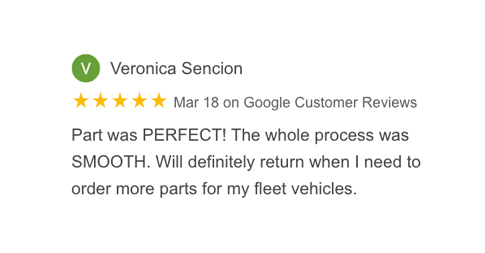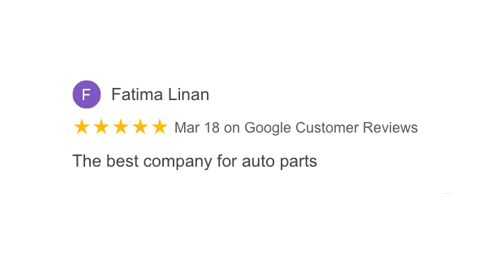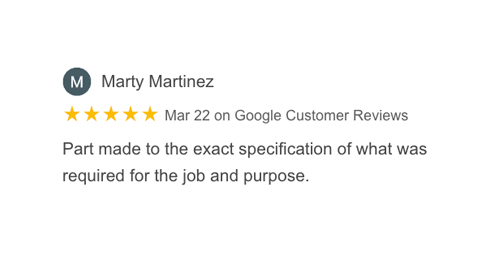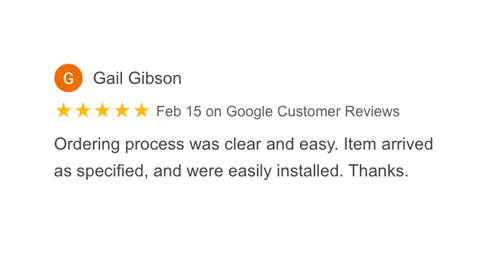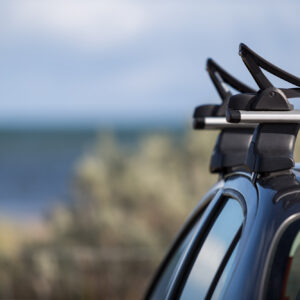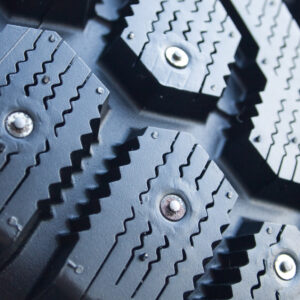Looking to replace your vehicle’s old set of tires? Switching to smaller tires could be a good option. That said, you should know that there are pros and cons associated with downsizing your tires. Make sure you’re aware of them before you swap out your tires for a smaller set so you know what to expect.
Pros of Smaller Tires
Some car owners prefer smaller tires because they improve torque and are more affordable.
Improved Torque
What happens if I put smaller tires on my car? Your vehicle will have more torque because smaller wheels create a smaller final gear.
This is the equivalent of being on a slightly easier transmission gear. Your vehicle might feel like it accelerates better. It might also provide better towing power or torque when climbing up hills.
Note that this change will also require your engine to reach higher RPMs when cruising or accelerating.
More Affordable
According to Consumer Reports, larger wheels are more expensive. Hence, smaller tires might be a more economical option if you’re in the market for a new set.
Cons of Smaller Tires
If you’re seriously considering downsizing, keep in mind that you might have to deal with the following drawbacks.
Reduced Comfort
Assuming you’re making your tire diameter smaller while retaining the same rim size, the tire’s thickness will become thinner. As a result, your vehicle will have a stiffer ride because there will be less rubber to cushion your vehicle from bumps and uneven road surfaces.
Rims Are More Likely to Get Damaged
A thinner tire is going to be more prone to flattening out if you hit a very deep pothole. If this happens, there’s a chance your rim is going to be dented.
Lower Ride Height
A lower ride height isn’t necessarily a con, but lower ride heights are typically considered undesirable for everyday use. It makes vehicles more prone to undercarriage damage.
Incorrect Displayed Speed and RPM
The smaller wheel diameter will result in the wheel spinning more to cover more ground.
For example, if your original tires needed to spin 10 times to spin 10 meters, the smaller set might need 11 to 12 spins to achieve the same distance. As a result, your speedometer will show a slightly higher speed.
Additionally, your tachometer will also show that your engine will need higher revs to achieve higher speeds.
Transmission or ABS Issues
With smaller tires, your vehicle will have more torque and reach higher engine RPMs because of the smaller wheel diameter. However, this could negatively affect the transmission, which is designed to work with your vehicle’s original wheel size.
Moreover, smaller tires will have different handling and braking characteristics. This could be a problem, as your vehicle’s anti-lock braking system (ABS) is tuned to function with the stock tires. It might not perform as well with smaller-diameter wheels.
Are Smaller Winter Tires a Good Idea?
Smaller and narrower tires can perform better in snowy environments. The smaller contact patch will dig into the snow and give your vehicle a better grip.
Winter tires are a must because you’ll need the winter-specific compound and tread pattern to drive safely during the season.
If you need winter tires while on a limited budget, spending on a smaller and cheaper tire set can be a good call. Just make sure you’re aware of how it will affect your vehicle’s performance and ride height.
Things to Consider Before Getting Smaller Tires
Check Your Vehicle Owner’s Manual
“Can I put smaller tires on my car?” The answer depends on your owner’s manual.
Most vehicle manufacturers indicate compatible tire sizes. If your manufacturer doesn’t specify alternatives, then changing to a smaller set might not be the best idea. You might end up interfering with some of your vehicle’s sensors and computers and affect the vehicle’s ABS, handling, or performance.
Check Online Car Tire Size Calculators
There are websites like TireSize.com where you can input your vehicle’s current tire size and check for compatible tire sizes. The website will be able to indicate a tire size that’s still advisable. It will also tell you tire sizes that are too small for your ride.
Downsizing tire sizes might seem inconsequential, but doing so without properly checking compatibility might be a dire mistake. Ensure your new wheel size is compatible so your vehicle can continue to run safely and properly.
Any information provided on this Website is for informational purposes only and is not intended to replace consultation with a professional mechanic. The accuracy and timeliness of the information may change from the time of publication.


